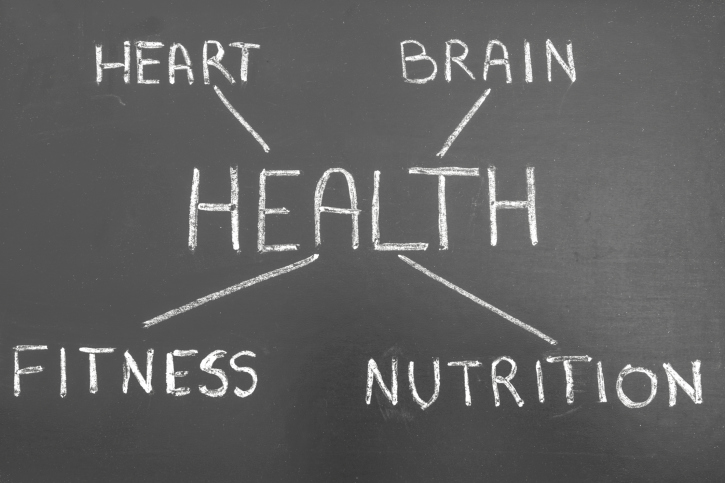 Let me ask you a question. Did you ever think that your heart and your brain could be connected?
Let me ask you a question. Did you ever think that your heart and your brain could be connected?
There is an overabundance of information currently available regarding heart disease and how to avoid it or manage it. There is also much more evidence available on the subject of brain health, dementia, and age-related cognitive decline.
Not too long ago, it was generally felt that the deterioration in brain function was genetic and an inevitable part of the aging process. Now, the situation is entirely different. There is mounting evidence that your brain can deteriorate much like your heart can, and in some cases, by the same types of mechanisms.
Another question that I would like to ask you is this: have you ever heard that what is good for your heart is good for your brain?
Well, according to some new research, this indeed is the case.
A new report has indicated that people who suffer from serious cardiovascular issues are more likely to experience some degree of cognitive decline than those who do not have cardiovascular issues. In this report, the findings indicated that in those people who had the worst cardiovascular health, almost five percent of them had some degree of cognitive decline compared to those who had much lower levels of cardiovascular impairment.
In fact, those who had the highest degree of severity of cardiovascular disease had a rate of cognitive impairment that was almost 50% greater than those who had less evidence of heart disease.
This new evidence was determined based on information regarding the health of 18,000 adults residing in the southeastern areas of the U.S. In this study, the participants who were healthy and experiencing no signs of cognitive decline were tested four years later for their ability to learn new words and remember.
The results of this research indicated that any differences in cognitive function between the participants were directly associated to the level of their cardiovascular health, regardless of other factors like gender, race, other risk factors, or demographics.
In my opinion, one of the plausible reasons for this finding may be linked to the underlying pathology behind heart disease and stroke.
The pathology I am referring to is atherosclerosis.
This disease, which affects the arteries throughout the body, is related to lifestyle dynamics, including diet, exercise, smoking, alcohol intake, and stress. The development of this disease is also directly related to overweight, obesity, diabetes and genetics. It is also the most common cause of heart disease, cardiac death, stroke, and cognitive decline.
When the arteries that supply blood and oxygen to your heart are narrowed from the damage caused from atherosclerosis, the amount of blood and oxygen going to the heart muscle is impeded. The same can be said for the arteries travelling up your neck and into the base of your brain. When they are damaged in a similar manner as to what occurs in the arteries to your heart, the necessary blood and oxygen travelling to your brain can be interrupted.
Your brain needs a constant supply of oxygen to function properly. Even small interruptions in blood flow may cause the type of cognitive decline reported in this new research. This process is known as cerebral vascular insufficiency, and it is a common disease among people with heart disease.
So it turns out that what is good for your heart is indeed good for your brain. When you practice prevention for your heart, you’re also doing it for your brain.
Sources for Today’s Article:
Blaszczak–Boxe, A., “Poor Heart Health Linked to Cognitive Impairment,” LiveScience web site, June 11, 2014; http://www.livescience.com/46266-poor-heart-health-cognitive-impairment.html.
Thacker, E., et al., “The American Heart Association Life’s Simple 7 and Incident Cognitive Impairment: The Reasons for Geographic And Racial Differences in Stroke (REGARDS) Study,” Journal of the American Heart Association 2014; 3: e000635.
